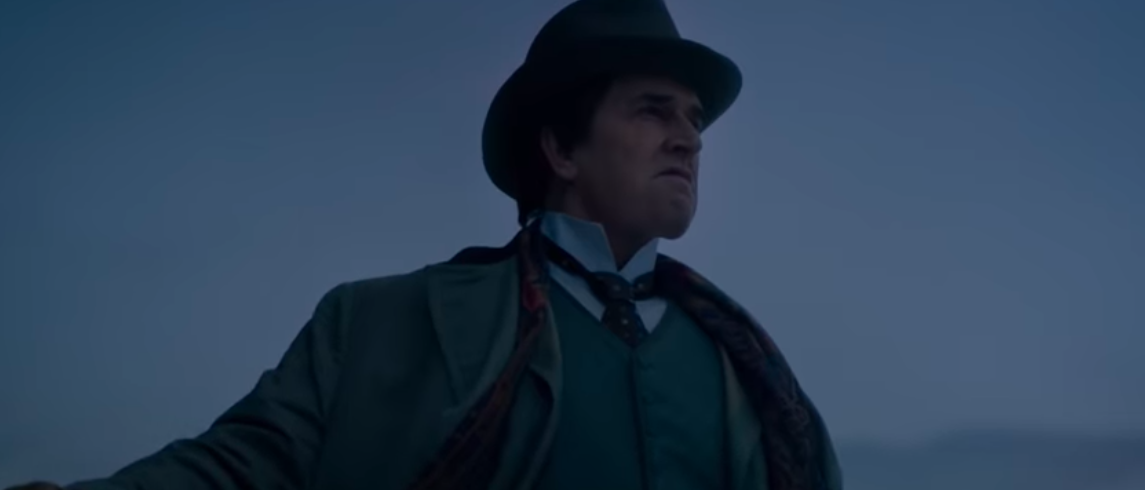The Happy Prince is a period piece that follows poet and playwright Oscar Wilde through his final years in late 19th-century Europe. With remarkable acting and cinematography, The Happy Prince has great potential to do the end of Oscar Wilde’s life justice, but the biopic falls short in its execution.
In 1895, Wilde was convicted of sodomy and sentenced to two years in prison. At this time in Great Britain, homosexuality was a criminal offense and a societal taboo. While Wilde’s private life inspired several homosexual interactions in his writing, he preferred to keep his sexual preferences out of the public eye — until his imprisonment.
Following his incarceration, The Happy Prince finds Wilde in his final act as he travels through England, France and Italy. The biopic takes the viewer through Wilde’s mind as he tries and fails to reconcile with his estranged wife, falls back into a love affair with Lord Alfred Douglas and loses his devoted companion, Robbie Ross. The somber film sheds light on the dark side of the once-most-famous man in London as he lives and dies for love.
The Happy Prince is a passion project for Rupert Everett, who writes, directs and stars. Everett gives an exceptional performance both on and off the screen. His portrayal is true and convincing, and his storytelling is unmatched.
In addition to capturing the period details, the beautiful cinematography allows the viewer to follow Wilde’s story from his own perspective with a series of flashbacks, hallucinations and memories intertwining with one another to give the viewer the illusion that they are in the genius’s own mind.
While Everett’s passion and devotion to this film shines through, he struggles to keep the audience engaged and the story entertaining. The film is very slow and dry at times and takes a while to gain momentum in the beginning. The opening finds Wilde in a stream of flashbacks and memories, which make it next-to-impossible for the audience to orient themselves with the plot.
Not helping the already slow-moving film are its many scenes shot in dimly lit rooms with quiet dialogue. This could very well be a ploy to regain the audience’s attention — viewers have to refocus and listen closely to have any hope of understanding what’s going on — but it ends up causing viewers to mentally check out, which only furthers their confusion.
The dialogue in the film switches back and forth between English and French, with subtitles to accommodate for the language barriers. While this adds a bit of authenticity to the period piece, the constant changing of languages makes it feel as if things get lost in translation.
Despite its shortcomings, The Happy Prince is an insightful tale with exceptional performances. It delightfully encapsulates how love is both a blessing and a curse, as love and attraction — what Wilde enjoys most in the world — ultimately lead to his demise.
The film is a perfect embodiment of the joy and sorrow that come from living outside of societal standards. My only wish is that it flowed as beautifully as one of Wilde’s own pieces.



